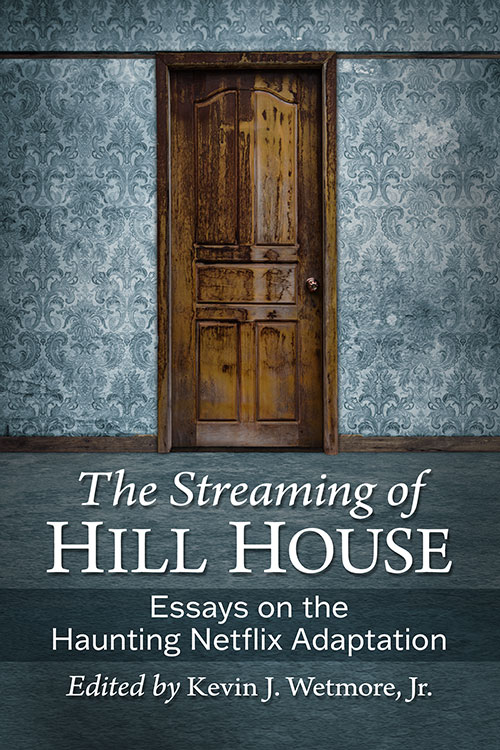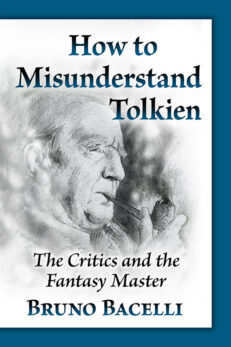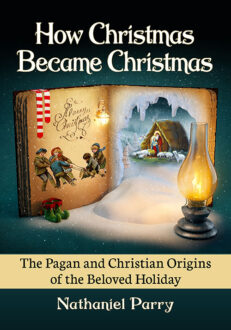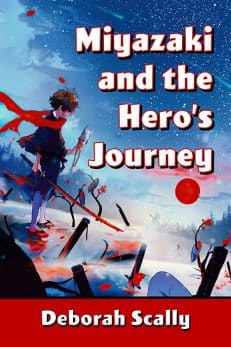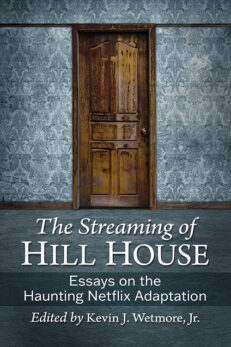The Streaming of Hill House
Essays on the Haunting Netflix Adaptation
$39.95
In stock
About the Book
Netflix’s The Haunting of Hill House has received both critical acclaim and heaps of contempt for its reimagining of Shirley Jackson’s seminal horror novel. Some found Mike Flanagan’s series inventive, respectful and terrifying. Others believed it denigrated and diminished its source material, with some even calling it a “betrayal” of Jackson. Though the novel has produced a great deal of scholarship, this is the first critical collection to look at the television series. Featuring all new essays from noted scholars and award-winning horror authors, this collection goes beyond comparing the novel and the Netflix adaptation to look at the series through the lenses of gender, architecture, education, hauntology, addiction, and trauma studies including analysis of the show in the context of 9/11 and #Me Too. Specific essays compare the series with other texts, from Flanagan’s other films and other adaptations of Jackson’s novel, to the television series Supernatural, Toni Morrison’s Beloved and the 2018 film Hereditary. Together, this collection probes a terrifying television series about how scary reality can truly be, usually because of what it says about our lives in America today.
About the Author(s)
Bibliographic Details
Edited by Kevin J. Wetmore, Jr.
Format: softcover (6 x 9)
Pages: 282
Bibliographic Info: notes, index
Copyright Date: 2020
pISBN: 978-1-4766-7865-8
eISBN: 978-1-4766-3883-6
Imprint: McFarland
Table of Contents
Acknowledgments vi
Introduction—Holding Darkness Within: Welcome to Hill House (Kevin J. Wetmore, Jr.) 1
I. Jackson and Flanagan
The Hunters and the Haunted: The Changing Role of Supernatural Investigation (Steve Marsden) 15
Hijacking Jackson: Adapting Mike Flanagan’s Oculus (Fernando Gabriel Pagnoni Berns) 27
II. The House
It’s Coming from Inside the House: Houses as Bodies Without Organs (Matt Bernico) 39
A House Without Kindness: Hill House and the Phenomenology of Horrific Space (Zachary Sheldon) 50
III. The Trauma
Some Things Can’t Be Told: Gothic Trauma (Jeanette A. Laredo) 63
Recovery from Trauma in Post–9/11 Horror/Terror of Mike Flanagan’s Oeuvre (Aaron K.H. Ho) 74
Education, Praxis and Healing (Elizabeth Laura Yomantas) 85
“A House Is Like a Body”: Processes of Grief and Trauma (Dana Jeanne Keller) 95
IV. The Haunted
Mike Flanagan’s Mold-Centric The Haunting of Hill House (Dawn Keetley) 107
Where the Heart Is (Alex Link) 118
The Future Isn’t What It Used to Be: Hauntology, Grief and Lost Futures (Melissa A. Kaufler) 128
Ghosts of Future Past: Spatial and Temporal Intersections (Adam Daniel) 142
V. Gender and Queering
Red Room, Red Womb: Phantom Feminism (Elsa M. Carruthers) 155
The Horrific Feminine: Terrifying Women (Camille S. Alexander) 166
Haunted Families, Queer Temporalities and the Horrors of Normativity (Emily E. Roach) 176
VI. Comparative Hauntings
“Came Back Haunted”: International Horror Film Conventions (Thomas Britt) 189
The Beloved Haunting of Hill House: An Examination of Monstrous Motherhood (Rhonda Jackson Joseph) 200
The Madwoman in the Parlor: Motherhood and the Ghost of Mental Disorder in Hill House and Hereditary (Maria Giakaniki) 211
Family Remains: Family Bonds Against the Paranormal in The Haunting of Hill House and Supernatural (Melania Paszek) 222
“They Never Believe Me”: Discourses of Belief in Hill House and #Me Too (Brandon R. Grafius) 233
VII. Horror Makers on The Haunting of Hill House
A Ghost Is a Wish Your Heart Makes (Christa Carmen) 245
The Screaming Meemies Resurrected (Angie Martin) 248
What Really Walks There? (Tim Waggoner) 251
Spirits and Mediums: Adapting Jackson (Kevin J. Wetmore, Jr.) 253
Gothic Storytelling (John Palisano) 258
About the Contributors 267
Index 271
Book Reviews & Awards
“A valuable addition to the body of academic discussion on horror television.”—Journal of the Fantastic in the Arts

